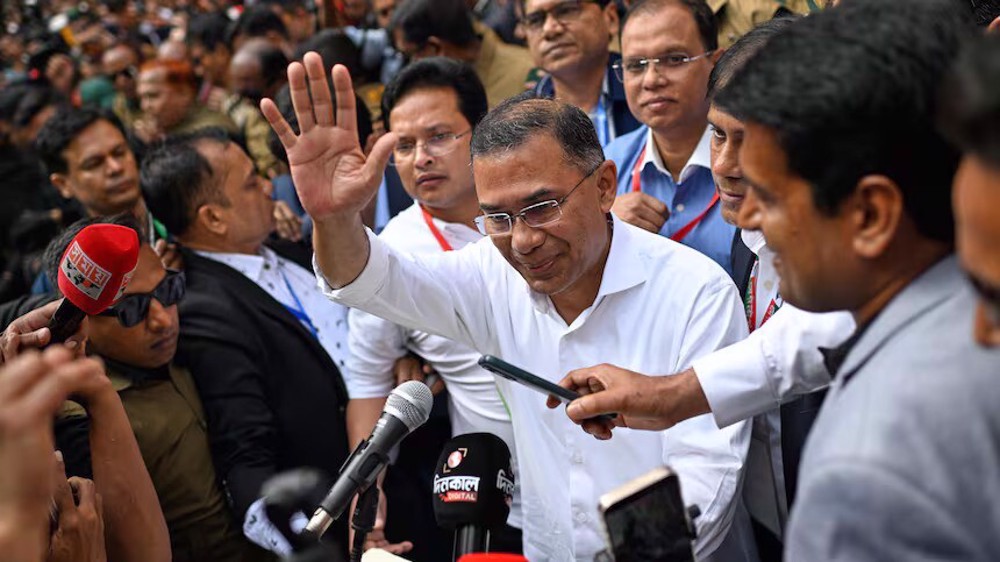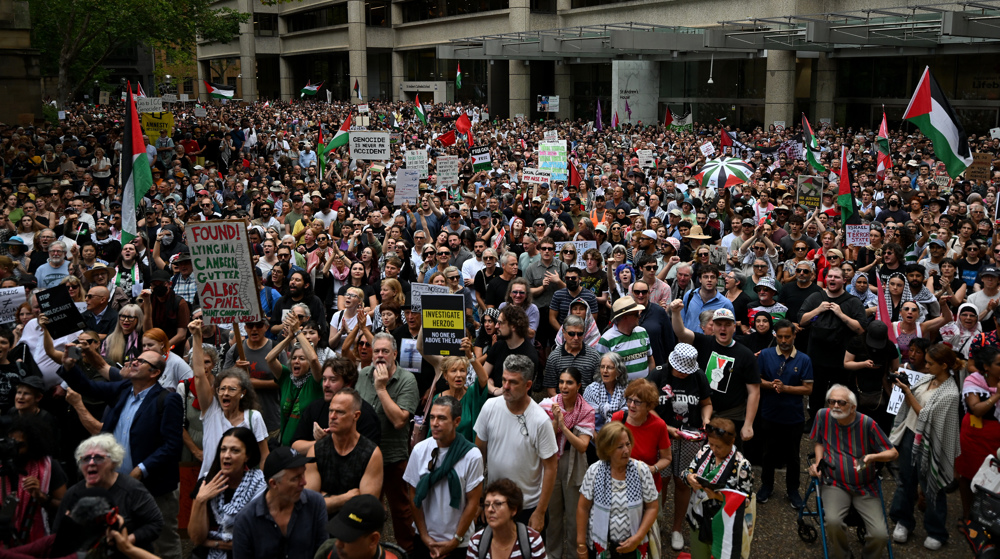Asian MPs call for halt on repartition of Rohingya refugees to Myanmar
Asian parliamentarians has called on both governments in Bangladesh and Myanmar to halt plans for repatriation of Rohingya Muslim refugees to their home country, where they fled a state-sponsored brutal military violence over the last year.
Malaysian lawmaker Charles Santiago, who led a fact-finding mission early this year to Rohingya refugee camps in Bangladesh, said on Friday that a plan reached by Myanmar and Bangladesh to start Rohingya repatriation “is a poorly thought-out plan.”
Santiago, now head of ASEAN Parliamentarians for Human Rights, which is comprised of elected representatives from countries that are members of the Association of Southeast Asian Nations (ASEAN), said Myanmar must first put in place plans for the protection and livelihoods of the Muslim community.
"They [Rohingya refugees] were still licking their wounds, they are still living in fear," he said. "We're not expecting them to go back to live in barracks and as squatters.”

Last year, Myanmar’s armed forces, backed by Buddhist extremist mobs, launched a crackdown against the Muslim community in Rakhine State. Thousands have been killed and over 700,000 Rohingya have only survived by fleeing to neighboring Bangladesh, where they are camped in overcrowded refugee centers in dire living conditions.
Myanmar and Bangladesh first reached an agreement last year to begin repatriation of the refugees, but the process has been delayed. Officials from both countries met earlier this week and announced they would start the process with 2,000 returnees in mid-November.
Though Myanmar says it has taken measures to ensure "a secure environment" for the returnees, the UN Refugee Agency (UNHCR) cast doubt on those assurances, saying that conditions were “not yet conducive for returns.”
“It is critical that returns are not rushed or premature,” said UNHCR spokesperson Andrej Mahecic.
Human Rights Watch (HRW) also said it had interviewed hundreds of refugees in Bangladesh, many of whom said they would only go home if Myanmar guaranteed "security, access to land and livelihoods, freedom of movement, citizenship rights."

The Rohingya Muslims were killed, injured, arbitrarily arrested, or raped by Myanmarese soldiers and Buddhist mobs mainly between November 2016 and August 2017, when many of the surviving members of the community started fleeing to Bangladesh en masse.
The United Nations has concluded that the atrocities constitute genocide.
Myanmar has blatantly denied the violence. However, massive evidence has been collected by international observers, medics, and journalists, even though the government has blocked access to the ground zero of the violence, namely Rakhine.
The Rohingya Muslims, who have lived in Myanmar for generations, are denied citizenship and are branded illegal immigrants from Bangladesh, which likewise denies them citizenship.
Iran warns about consequences of normalizing violations of intl. rules
VIDEO | Gaza’s Ramadan: 1.7mn displaced struggle between hope and pain of war
Israel’s West Bank land seizures signal 'alternative homeland' threat: Ex Jordanian official
Tarique Rahman sworn in as Bangladesh’s new prime minister
UAE removes online references to Hind al-Owais after Epstein email revelations
Iran in no way seeking nuclear weapons: Pezeshkian
Oman: Iran-US indirect talks in Geneva achieve tangible progress
VIDEO | Press TV's news headlines













 This makes it easy to access the Press TV website
This makes it easy to access the Press TV website